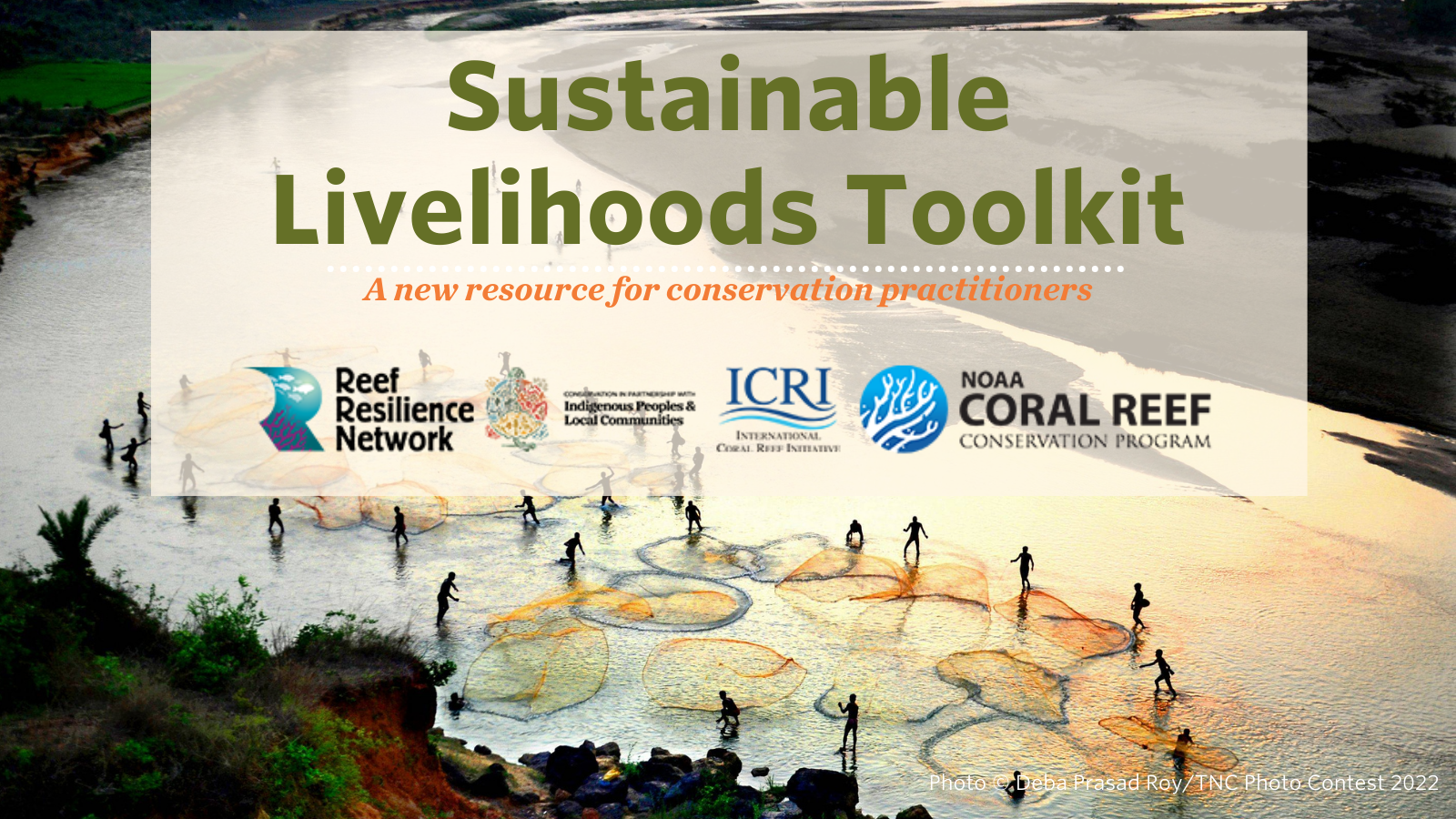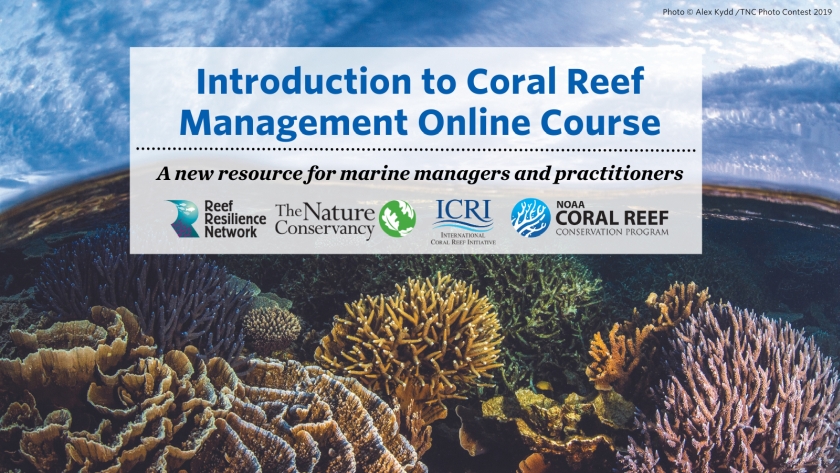This article discusses the problems of outdated and ineffective cesspools on the islands of Hawaii, which threaten both marine ecosystems and humans. Through an in-depth literature review, the study explores understanding and knowledge gaps around contamination and human health, drawing attention to the need for improvement of pollution indicators, modeling and monitoring, policies, and public outreach. Ecological, economic, and social impacts from sewage contamination by cesspools are presented in the study, highlighting connections between terrestrial activity and the integrity of aquatic ecosystems. The paper addresses available data and models for identifying and monitoring nonpoint source sewage pollution, including how the data and models are used as well as their limitations. This review provides practitioners with ideas about potentially applicable management and community engagement strategies based on knowledge or management gaps that may exist in their area(s). The paper presents suggestions and opportunities for additional data needed, monitoring, modeling, and policy strategies and points readers to many other studies of policy gaps related to wastewater management.
Authors: Mezzacapo, M., M.J. Donohue, C. Smith, A. El-Kadi, K. Falinski, and D.T. Lerner
Year: 2020
View Full Article
Journal of Contemporary Water Research & Education 170. doi:10.1111/j.1936-704X.2020.03339.x


